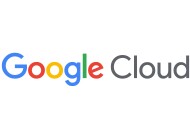Google is a trusted technology partner who understands how to help agencies transition from legacy architectures and utilize their data to fuel true mission success. Google Cloud Platform provides cloud-native infrastructure with layered security, machine learning and analytics at web-scale to rapidly innovate and advance agency goals. www.cloud.google.com




















